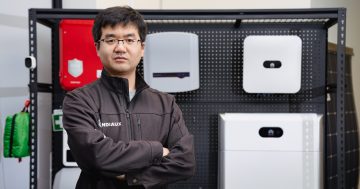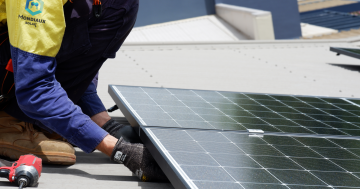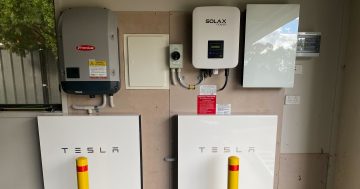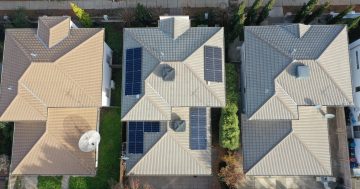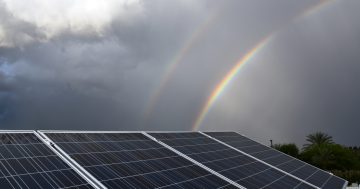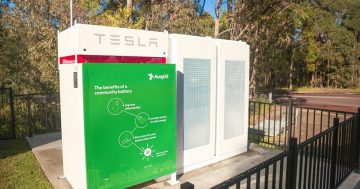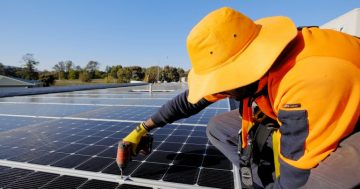
Thinking of installing solar power to our house. Orientation is ideal, and whilst not looking to make money, I would love to escape the clutches of ACTEW (or whatever they’re called this week).
Would appreciate any feedback re: supply and installation of (say) a 4Kw system, and how it has performed.
The majority of advertisers on Google require many personal details which do seem excessive. The one that has put their price out there is in the vicinity of $5600, a reasonable figure I assume.
Appreciate any comments, including thoughts on the whole technology.
If you’re looking for more information on installing solar panels, check out our recently updated article on the best solar panel installers in Canberra.











